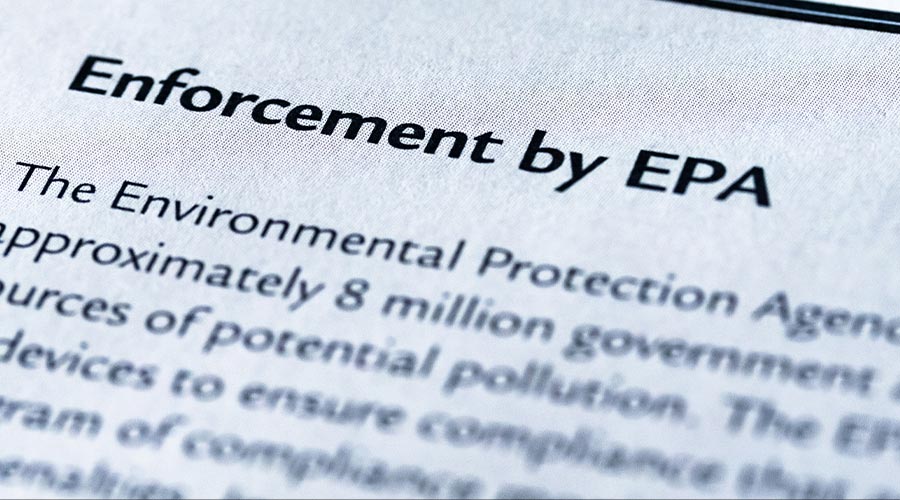
The American Cleaning Institute (ACI) submitted written comments to the U.S. Environmental Protection Agency (EPA) on its proposed rule, Procedures for Chemical Risk Evaluation under the Toxic Substances Control Act (TSCA).
ACI commended EPA for proposing revisions that promote scientific rigor, transparency, and flexibility in chemical risk evaluations—elements ACI considers essential for protecting public health while fostering innovation across the U.S. cleaning products industry.
“ACI supports a science-based, efficient, and transparent chemical management framework that ensures both health protection and continued innovation,” Darius A. Stanton II, Director of Regulatory Science at ACI, says. “EPA’s proposed revisions move the TSCA risk evaluation process closer to its intended balance of scientific credibility and practical implementation.”
In its submission, ACI emphasized the importance of:
- Focusing risk evaluations on significant and higher-risk uses, rather than every conceivable exposure pathway.
- Reinstating condition-of-use–specific determinations to ensure clarity and alignment with TSCA’s statutory framework.
- Considering real-world occupational controls and personal protective equipment (PPE) when evaluating workplace exposures.
- Establishing a clear, transparent peer review process to enhance confidence in EPA’s scientific determinations.
- Defining “weight of scientific evidence” and other key terms to strengthen consistency, transparency, and credibility.
- Restoring EPA’s authority to revise final risk evaluations to incorporate new scientific information or correct errors without restarting the entire process.
ACI’s comments underscore the need for EPA to adopt a risk evaluation approach grounded in best available science and real-world conditions, ensuring regulatory outcomes that are both protective and practical.
“EPA’s proposal reflects many of the priorities ACI has long advocated for—a durable, transparent framework that advances safety, innovation, and scientific integrity,” Stanton adds.

 Celebrating BSCAI's 60th Anniversary eBook
Celebrating BSCAI's 60th Anniversary eBook The Down and Dirty on Cleaning in Virus Season
The Down and Dirty on Cleaning in Virus Season How Surfactant Use is Expanding in Commercial Cleaning
How Surfactant Use is Expanding in Commercial Cleaning